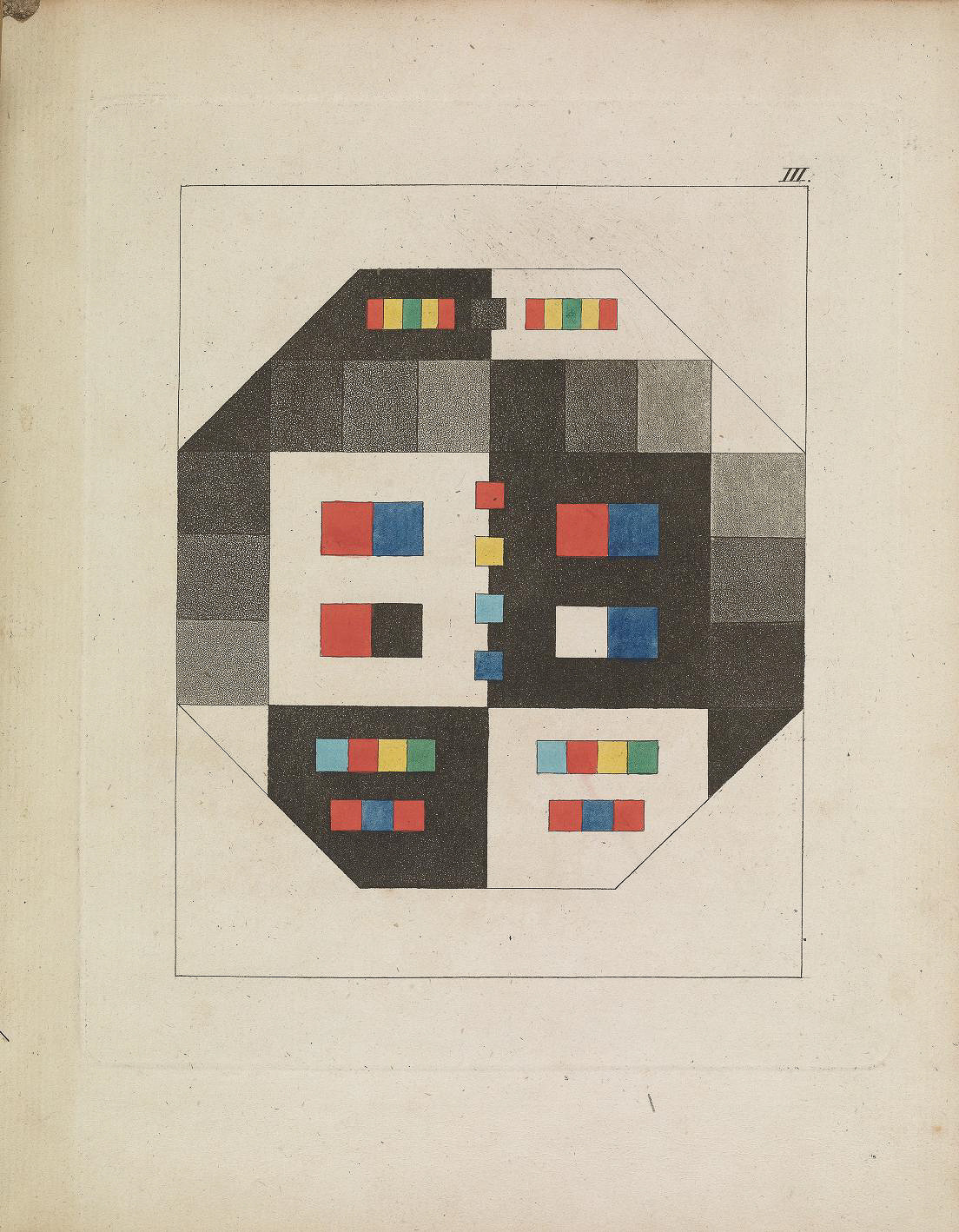
Preservice elementary teachers’ conceptions of the causes of seasons. In conjunction with the shaping of the modern disciplines in the nineteenth century and the establishment of the fields of history of science and history of scholarship in the twentieth century, my essay serves as stimulus to scholars to carefully inspect, and look beyond, the boundaries of their discipline.Atwood, R. In this essay, I trace back how already during his lifetime Newton was fashioned as an icon of science and how, after his death, his scholarly writings were considered inconvenient truths.

But this does not hold just for Newton: his contemporary Robert Boyle was a prolific writer in both science and theology, yet his theological writings are completely forgotten. With one or two exceptions, historians of scholarship or theology have ignored Newton’s scholarly writings all together. Yet Newton the scholar is hardly known beyond the boundaries of the discipline of history of science. Contemporaries were impressed with the breadth and depth of his theological knowledge and understanding, to the extent that John Mill sought-and received-his help in compiling what would become the standard critical edition of the Greek New Testament, published in 1707. This is testified also by his manuscript Nachlass: over five million words, about half of his written output, were devoted to religious topics, including eschatology, church history, and Scripture-driven chronology. Yet Newton himself considered his studies of Scriptures, in particular the prophecies in the books of Daniel and Revelation, as far more important.

His Principia (1687) and Opticks (1704) were key texts during the Scientific Revolution and shaped our modern understanding of the world. Isaac Newton (1642–1727) has come down in history as one of the most famous and influential scientists of all time.


 0 kommentar(er)
0 kommentar(er)
